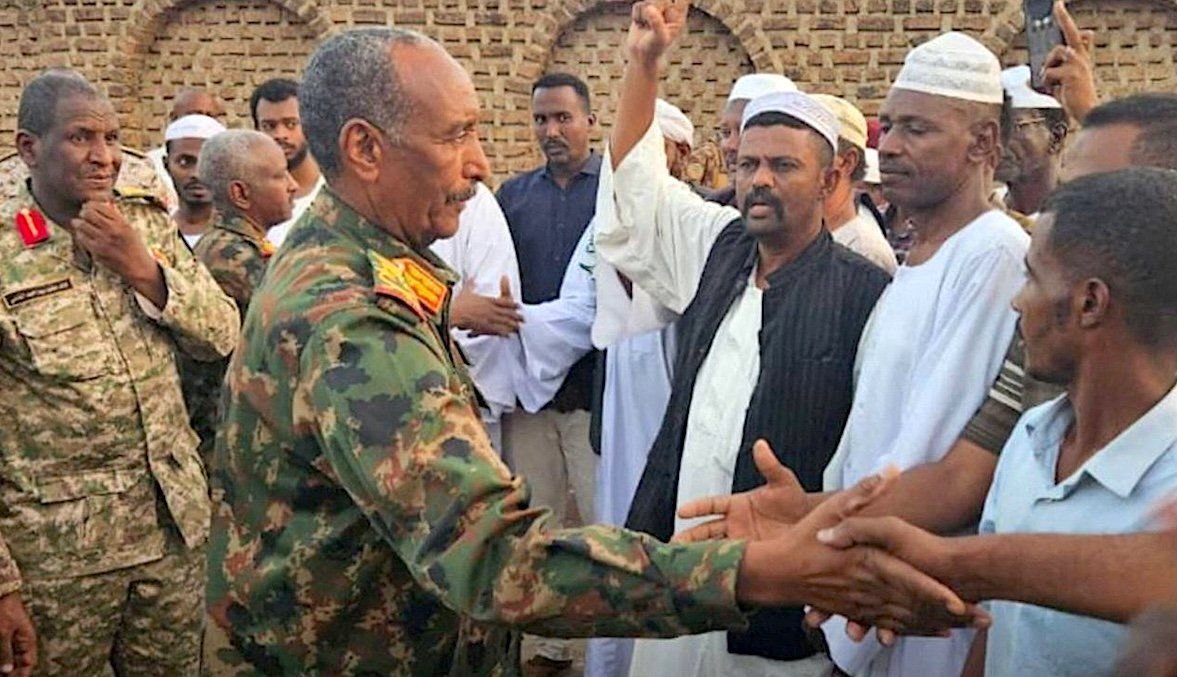The Sudanese Armed Forces, aka SAF, recaptured
several key buildings in Khartoum on Friday, including the presidential palace, from the rebel Rapid Support Forces, or RSF, in the latest chapter of the country’s two-year civil war. The advances are not just symbolic but strategic and may be
shifting the balance of power in the capital in the government’s favor.
But while Sudan’s government makes gains, the coalition government in South Sudan has been destabilized following last week’s collapse of a peace deal between the main parties of President Salva Kiir and Vice President Riek Machar. On Thursday, Kiir dismissed the governor of Upper Nile state – a member of Machar’s party - where government forces are now battling the Nuer White Army militia, whom they accuse of being aligned with Machar, a charge he denies.
South Sudan has been hampered by political instability and violence since becoming independent in 2011. It is also likely that the SAF and RSF are supporting opposing sides in the current conflict. The rivalry between Kiir and Machar has further been compounded by a mass exodus of over 800,000 refugees last year into South Sudan, straining the country’s limited resources.
What could be next? While the SAF has made gains in Khartoum, the RSF maintains its stronghold in regions like Darfur, leading to concerns of a de facto partition of Sudan. In South Sudan, the deteriorating relationship between Kiir and Machar threatens to plunge the nation back into full-scale civil war, leading Western nations to close their embassies amid fears of escalating violence.
